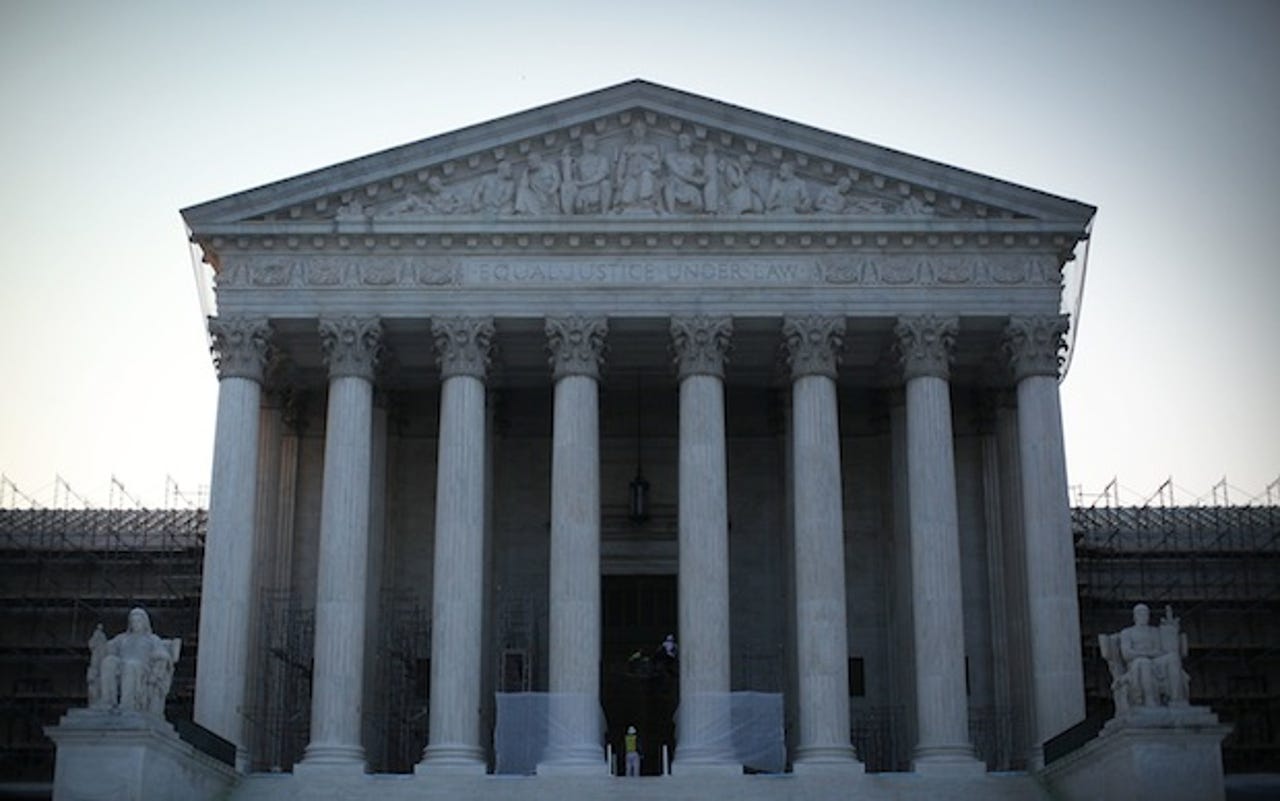White House asks Supreme Court to rule on warrantless phone searches

For years, the U.S. government and the courts have been at loggerheads over one key issue: can police search through your phone without a warrant if you're lawfully arrested?
The courts have yet to make a final decision on the matter, and the Obama administration says enough is enough.
Read this
Last week asked the Supreme Court to rule on whether or not the Fourth Amendment, which protects against unreasonable searches and seizures, allows warrantless phone searches.
According to The Washington Post, police arrested a Massachusetts man in 2007 who was allegedly selling drugs from his car. His cell phone was seized. An incoming call from "my house" led police to an online directory, which was used to associate the number with an address in Boston.
The suspect was ultimately detained and convicted. But he appealed, claiming that accessing the information, used as evidence that resulted in his conviction, was unlawful under the Fourth Amendment. The First Circuit Court of Appeals earlier in the year took the defendant's side.
But the White House does not agree with the court's decision and wants a line drawing under it for good. Much of the confusion stems because "cell phones sit at the intersection of several different Fourth Amendment doctrines," according to the Supreme Court petition, filed earlier in August.
The government believes the First Circuit's decision conflicts with several other rulings which gave police discretion to search a suspect's items. Cell phones are no different from any other item on that person, the government argues.
But with a massive amount of data stored in cell phones and smartphones, from emails to text messages, phone numbers, and even location-based data, the courts are wary about the privacy implications. That said, the 2007 case, the Post notes, focused on a cell phone rather than a smartphone, which could make the court ruling irrelevant to our modern lives.
